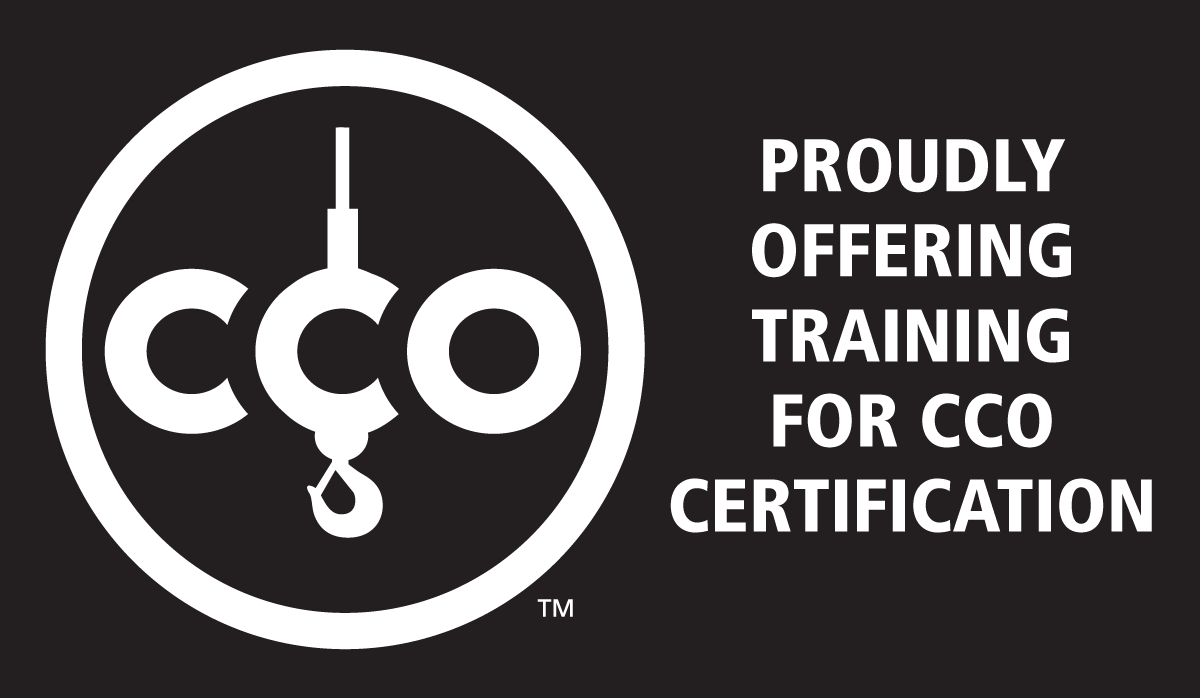Service Truck Crane Certification
New OSHA regulations regarding the operation of Service Truck Cranes require stricter training and certification standards for operators of these small to mid-sized cranes. Identified by their telescopic booms and smaller load capacity, these types of cranes are in operation in wide variety of industries from construction and delivery to utilities and tree services.
These new regulations were signed into law in 2010 and companies have a limited window of opportunity to get their operators STC certified before OSHA 1926 Subpart CC takes effect in 2017.
What Is STC Certification?
The NCCCO Service Truck Crane Operator certification (STC) is a subcategory of the CCO Telescopic Boom—Fixed Cab certification (TSS). Industry leaders asked the NCCCO to create guidelines specifically for these types of cranes so that operators across the country would be held to a uniform level of competency.
Current TSS certification covers the use of service truck crane operation. Which means any operator holding TSS certification won’t have to undergo additional training. However, STC certification is not reverse compatible—STC certification is only intended for and applicable to operators of Service Truck Cranes.
Who Needs STC Certification?
These regulations apply to any STC operator involved in any aspect construction including certain delivery drivers. For instance, drivers who simply offload building components (limber, generators, HVAC units, etc.) don’t need certification. However, any manipulation, support, or maneuvering of the deliverable that aids—in any way—the process of construction (such as dropping an HVAC unit on a roof or hoisting ceiling joists to the second floor of a structure) requires that the operator of the STC be certified else risk OSHA sanctions.
It’s The Law
In order to avoid potential fines and work stoppages, many companies across the country are beating OSHA to the punch, requiring their employees to earn STC certification through programs such as that offered by Nationwide Crane Training before the 2017 deadline. Indeed, Tim Worman, business development Manager at IMT, says that many site supervisors are saying “‘if you are coming on my jobsite I want you to be a certified operator. If you’re not, don’t come on my site.’ They are taking that approach to protect themselves.”
OSHA’s Top 5 Crane Standards Citations
In 2011 OSHA released a comprehensive list of the most common crane standards cited in violation reports across the country. Among them were:
- Signal Person Not Qualified
- Materials Not Rigged by Qualified Rigger
- Lack of Shift Inspection by Qualified Persons
- Lack of Qualification Documents for Signalpersons
- No Annual Inspection by Qualified Person
Qualified Versus Certified
Operators can become “qualified” through internal training created by the company for which they work. However, employees may be missing critical information and may not meet national standards. Qualified individuals can only operate equipment for the companies that trained them—“qualification” does not follow the operator.
Is certification better? Yes. Earning certification requires service truck crane operators to undergo training and testing by accredited third party organizations using nationwide standards. Not only that, STC certification is universal, meaning an operator who earns certification carries that certification with him/her wherever they go.
Nationwide Crane Training STC Certification Program
A recognized leader in all aspects of crane training, NCT has been on the cutting edge of Service Truck Crane certification since OSHA first put in for the requirement in 2010. NCT’s program meets or exceeds all of the NCCCO and OSHA regulations pertaining to the safe operation of Service Truck Cranes and is led by industry experts with years of experience in crane operation and training.
STC Certification Applies to Operators and Manufacturers
These new regulations apply to manufacturers of Service Truck Cranes as well as the operators. In response, STAHL, a leading manufacturer of service truck bodies, has partnered with Nationwide Crane Training to create a first of its kind training class for Service Truck Crane certification. Held at Total Truck & Trailer’s newest location in Snyder, TX, the five-day course is scheduled for February 18th through the 22nd and will serve as the model for future nationwide training classes in STC certification.
Eligibility
Requirements for certification include the following:
- Be at least 18 years of age
- Meet medical requirements
- Comply with NCCCO’s Substance Abuse Policy
- Pass the STC Written Examination
- Pass the STC Practical Examination
- Comply with the NCCCO Code of Ethics
Experience
NCCCO certification exams are designed for operators who are trained and who currently work in crane operation.
Physical Evaluation
Certified service truck crane operators must continue to meet the same medical requirements as CCO-certified mobile crane operators.
Means of compliance with ASME physical requirements include but are not limited to the following:
- NCCCO Physical Examination Form (valid for three years)
- A current DOT (Department of Transportation) Medical Examiner’s Certificate (valid for two years)
Exams
Certification requirements include passing a single written exam and a practical exam, both of which are similar to existing TSS tests but have been heavily modified to focus on specifics that apply only to STC. (Such as the use of remote or pendant controls.)
During the written exam, trainees are allowed 90 minutes to answer 70 comprehensive questions designed to encompass every aspect of STC safe operation.
The practical exam puts individuals in simulated real world settings with live equipment and allows them to demonstrate their crane operation proficiency by requiring them to:
- Perform an Inspection of the Equipment
- Hoisting (with and without a load)
- Operating the boom (with and without a load)
- Swinging the boom (with and without a load)
- Accurately Follow Hand Signals
- Combine these skills to the instructor’s satisfaction





